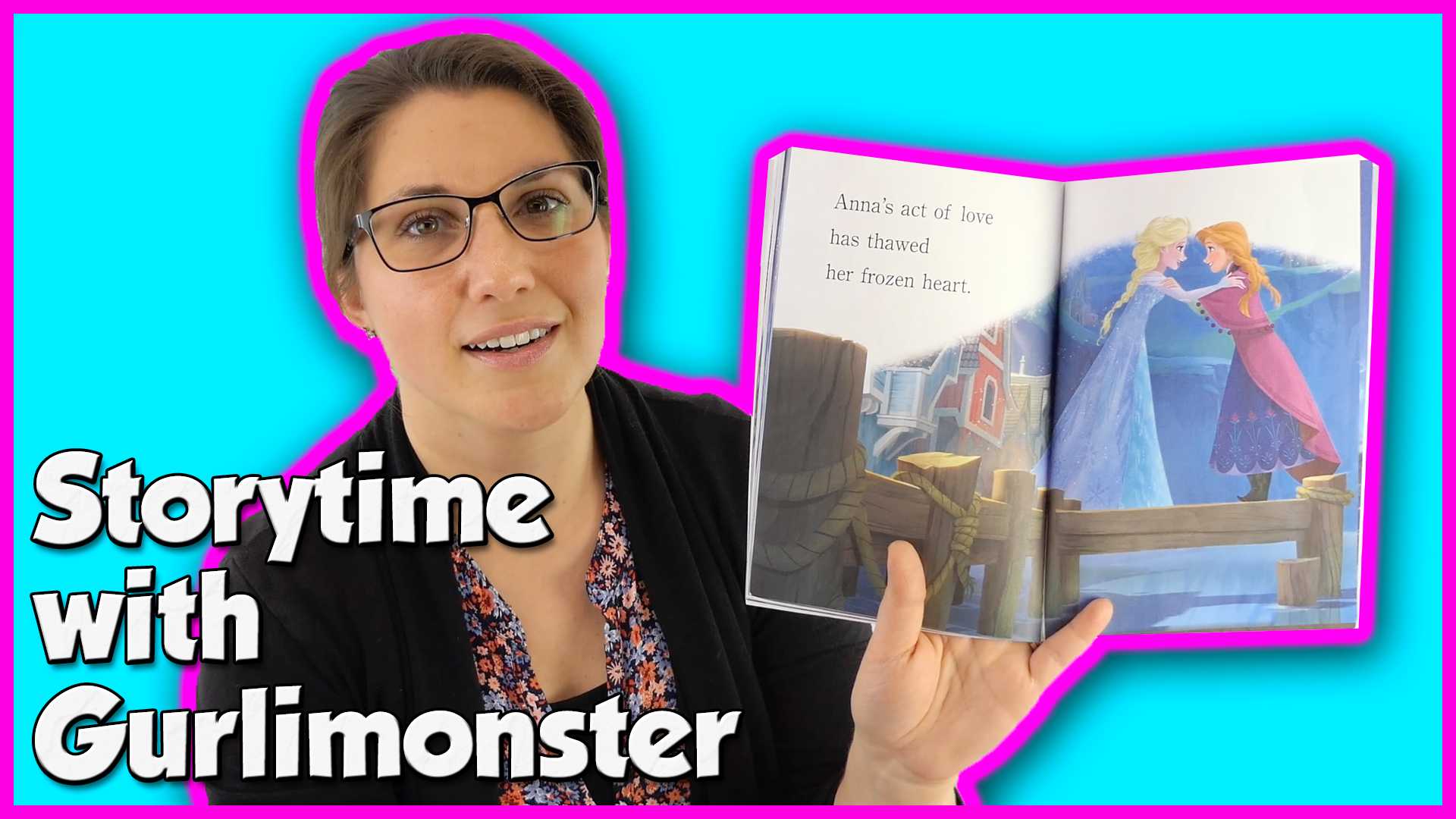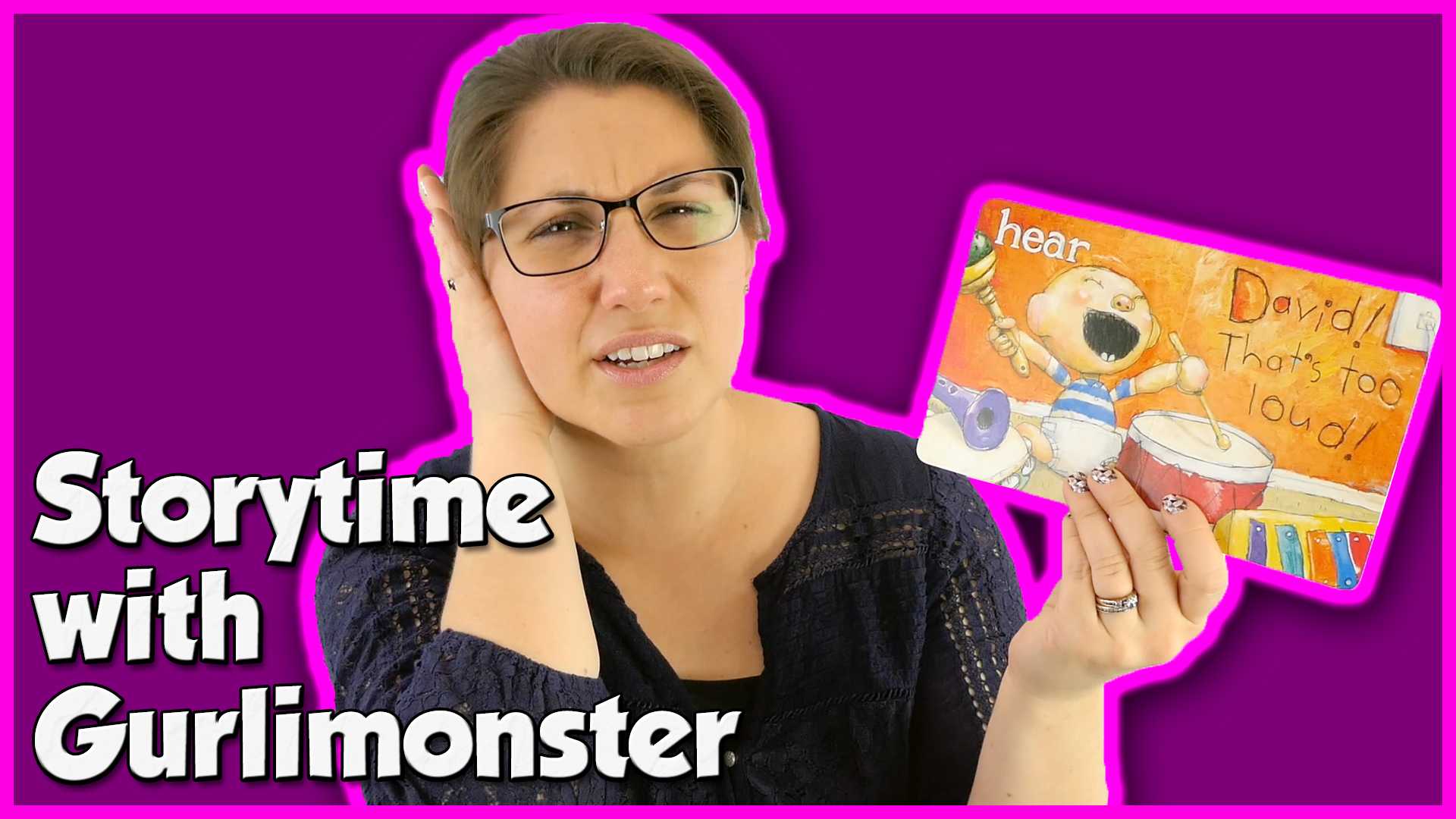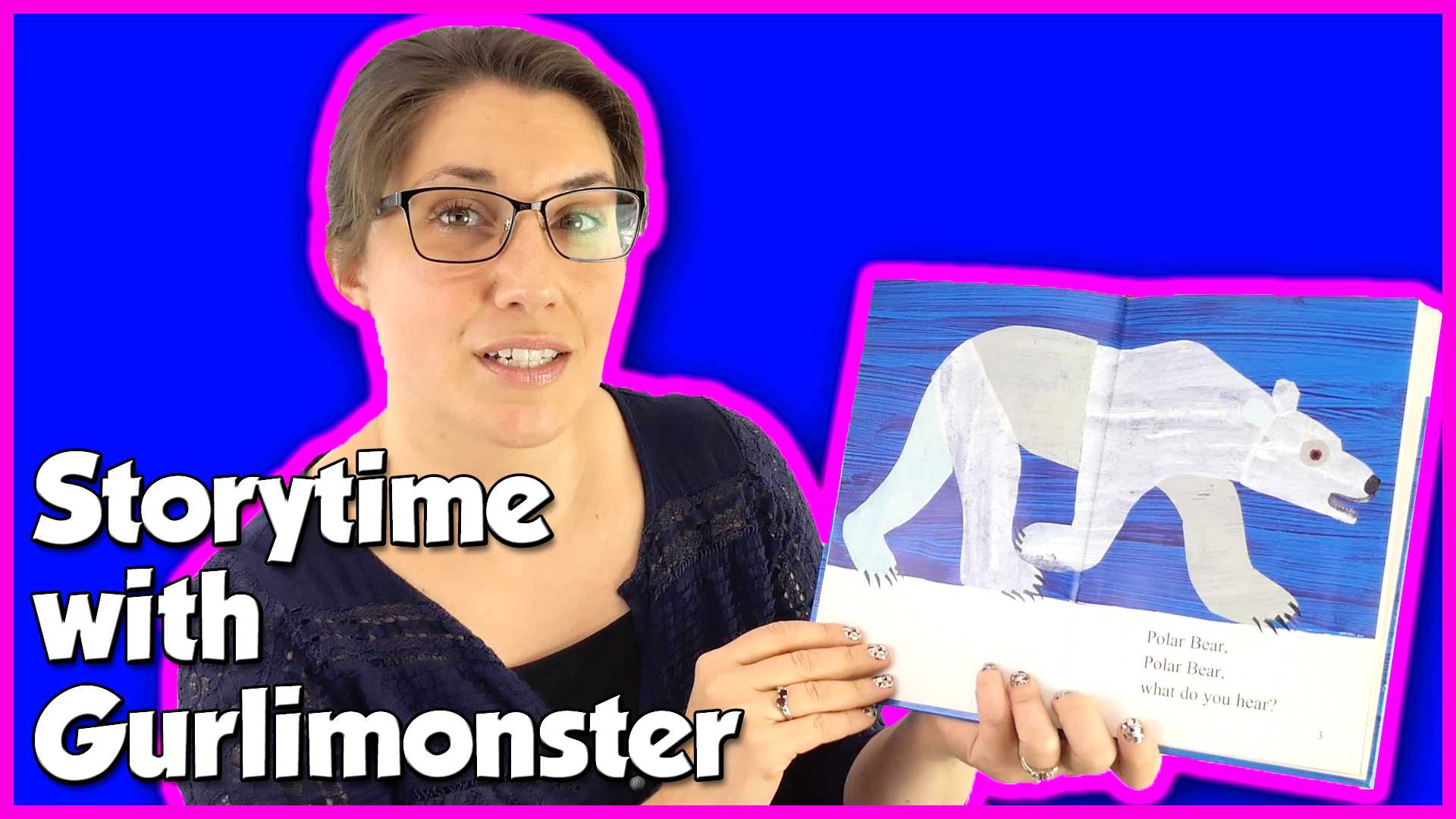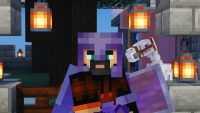Xenocide & Children of the Mind book reviews
I finally realized that “Speaker for the Dead,” “Xenocide,” and “Children of the Mind” were all a continuous story (at least in my head). Obviously, they’re not the same physical book… but Orson Scott Card continues the story from Speaker for the Dead through Xenocide and concludes it with Children of the Mind. A lessor author could have crammed it into a single book. Thankfully, we can read three. OSC indicates that Speaker for the Dead is a separate book, but I’d encourage you to read all three as if they were a continuous story. Buy more books! :)
This is my personal takeaway from the series. I’ve probably muddled things in my head, but this is just meant to encourage readers to pick up these books.
I think of the rest of the “Ender Quartet” the “Xenocide Trilogy” because that’s how I picture it. Ender’s Game is a standalone book. You don’t need the background information to understand the Xenocide Trilogy… and quite honestly, if you loved Ender’s Game, you may not love the next three books. They take a dive off of the philosophical deep end (in every possible meaning of the phrase). So you have Ender’s Game — then you have the Xenocide Trilogy. Let’s make sure we share that understanding before you keep reading.
I’ve already reviewed Speaker for the Dead… but I reviewed it as a standalone book, I didn’t understand its importance until I finished the rest of the series. SFTD gives you the complete backstory of “Andrew the Speaker” and Lusitania so you can learn the history, know the characters and develop a bond with the world.
Lusitania is a colony of the “Hundred Worlds” that came into existence after Ender committed the “Xenocide” (genocide with an x) of the Buggers (you met them first in Ender’s Game). Under the guidance of Ender’s brother, Peter Wiggins, earth colonized other livable worlds in space — Japanese over here, Chinese over there, and Portuguese beyond the sea of asteroids. Lusitania is a Portuguese-Catholic colony where the Xenocide Trilogy maintains its focus.
In SFTD, we meet the main characters — mostly, the Ribeira family — we see how they interact with their surroundings (including the Pequeninos) and we see the tension build for the remainder of the books. Without spoiling too much of the plot, I’ll dive into some of the more important points.
The scientists on Lusitania discovered a virus — which they called Descolada — and eventually determined a link to the Pequeninos and the rest of the world. Ultimately, the government decides to destroy Lusitania (and everyone on it) in order to contain the virus. Seems odd… that’s exactly why the people of the Hundred Worlds began to hate Ender. They criticized him for killing off a sentient race before attempting to communicate with it. Not only are humans on the planet, it’s also the only known world with Pequeninos. To complicate matters, Ender resurrects the Buggers on Lusitania. One more layer: they think the Descolada virus could be another player in the game. Yikes: Xenocide of three sentient beings (and a few humans) on one planet? You’ll have to read it to see what happens.
That brings us to Xenocide: the book, not the series or the immoral act. Here we discover a Chinese world — the World of Path — where we meet a family who communicates with the gods: what they call “godspoken.” They are very respected among the Hundred Worlds and are often used to solve the most perplexing problems the government encounters. Their intelligence seems super-human: which brings us to another spoiler that I cannot discuss. During this book, we alternate between Lusitania and the World of Path with a huge heap of foreshadowing that will make it difficult to put the book down.
Both Xenocide and Children of the Mind navigate these two routes: Lusitania and The World of Path. A third road appears later in the series — it would spoil too much for me to discuss it — but we needed to talk about all of this so I could really get into the meat and potatoes of my review.
The Xenocide Trilogy is nothing like Ender’s Game. I feel like Card spent more time developing a children’s book in Ender’s Game and a philosophy lesson in the Xenocide Trilogy. Granted, Ender’s Games has great character development… but it moves along like any other Science Fiction book I’ve read. The Xenocide Trilogy will take your children’s book and crank it up several notches.
As I mentioned in my SFTD review, if you can see past the Catholic references and forgive the characters for being ignorant — I find it funny how well Card portrays Catholicism even though he’s Mormon — you’ll find a deeper meaning hidden in the story. This expands through Xenocide and Children of the Mind… to the point where it becomes obvious and often thought provoking.
Editor’s Note — I was initially bothered that Card didn’t call the third book “Children of the Mind of Christ.” That’s the name of the religious order that plays an important role in the series. However, a major event in the last book will explain the pun I believe Card produced. If it’s not a pun, I’d be a little disappointed about the “of Christ” disappearance.
When I read this series, I expected something along the lines of The Hunger Games, The Giver or even Ender’s Game itself — they all had a moral to the story but they didn’t change my morals. However, I feel that the Xenocide Trilogy will leave you feeling morally challenged, in a good way. It’s science fiction, but what would we, as the human race, do if we ever encountered another sentient race from another planet?
Card doesn’t dwell on that question: he continues to dive into cultural difference, mental illness, genetic alteration, religious tolerance/intolerance, political ignorance… the list just keeps going. It honestly amazes me that a single author could put so much effort into a book series: it’s no longer science fiction; it’s philosophy that everyone should read. Card is an amazingly inspired author who obviously spent years researching, reading and formulating his exceptional understanding of life. If he were Buddhist, I’d say he was enlightened… but since he’s Mormon, I’ll just say he’s blessed with a unique ability to capture the soul of a character, a race and a world through the words on a page.
I honestly feel like I’ll be disappointed with whatever I read next.
We occasionally earn money from product links we share on this website, currently Amazon Affiliates. When you click an affiliate link, your views and potential purchases help sustain us financially. Thank you!








